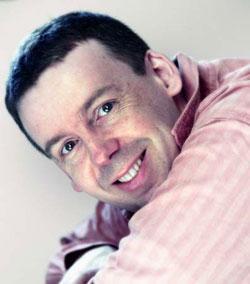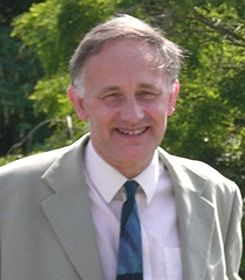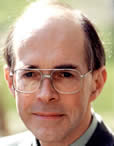Yes, but is it true…? (Alison, 2003)
The Roman Catholic Caucus of the Lesbian and Gay Christian Movement held a meeting in St Anne’s Church, Soho on Sunday 3rd August 2003 to respond to the UK government’s proposals concerning same-sex partnership rights. The following was an impromptu theological/pastoral contribution by James Alison, put into writing after the event





